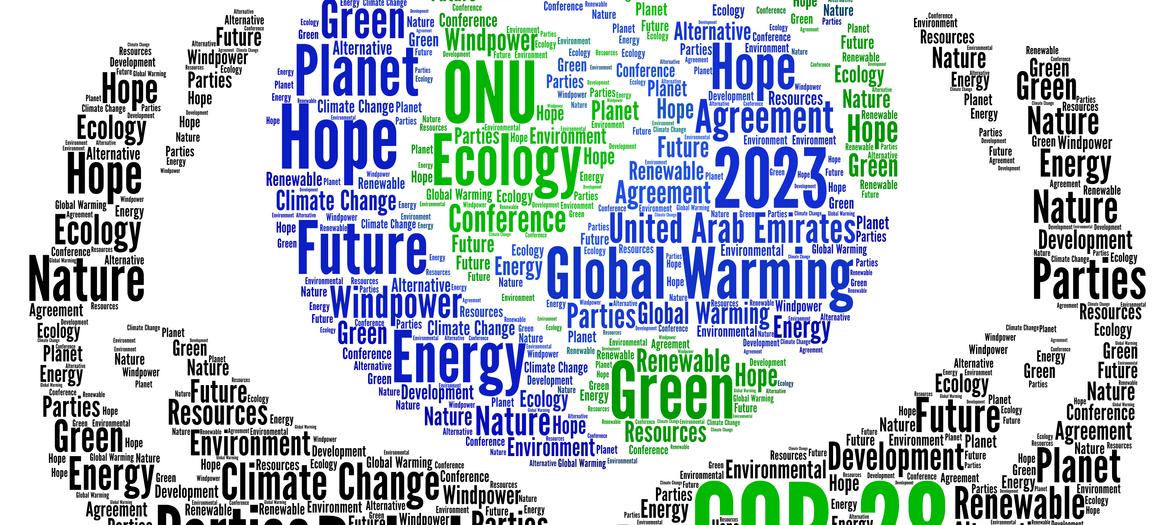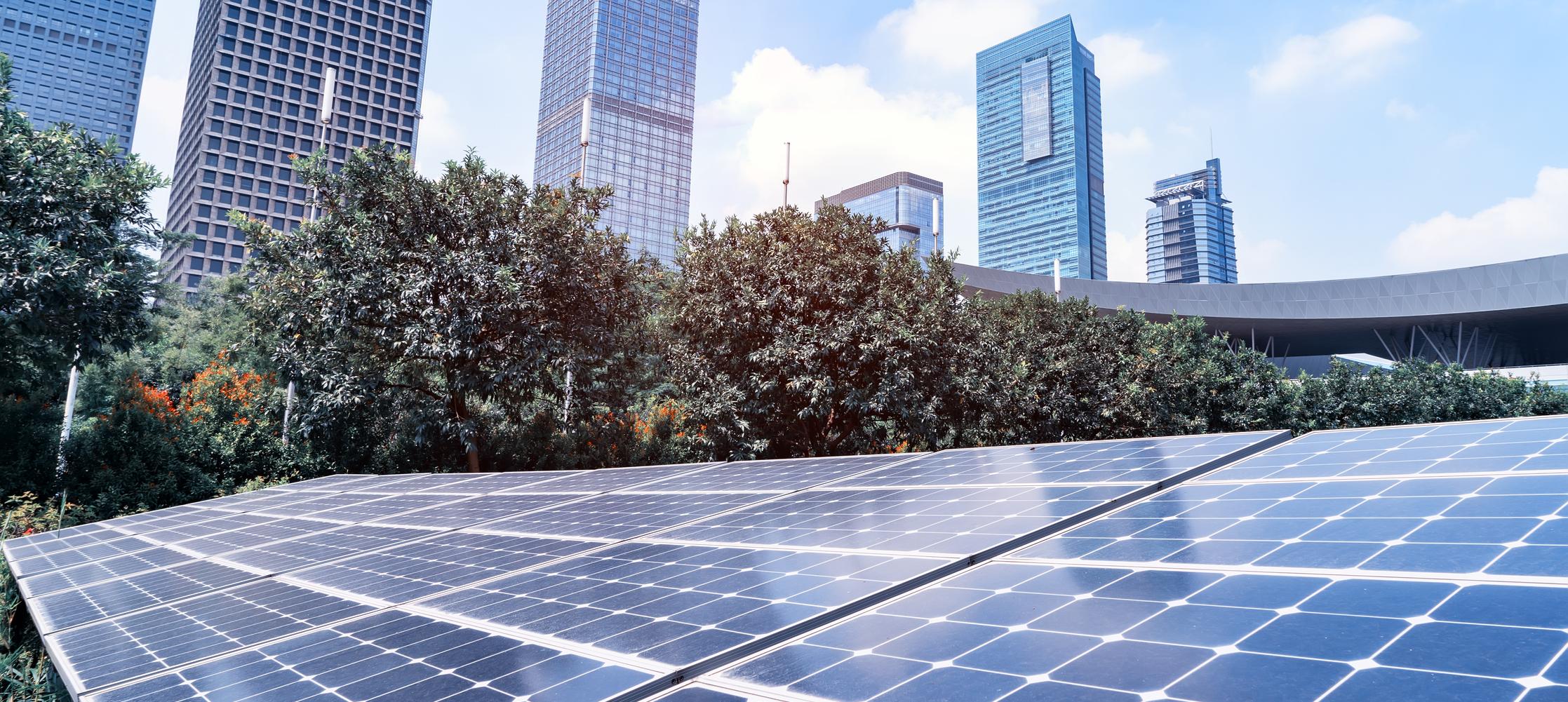-
https://climateinstitute.bmo.com/static/images/clock-icon.svg
5 Minute Read
-
Listen
-
Stop
-
Text Bigger | Smaller
Budget 2024 carries forward the government’s commitment to climate programming, building incrementally on a larger portfolio of climate initiatives announced in previous federal budgets.
Here are seven key climate takeaways from Budget 2024, which introduced new climate spending of approximately $8 billion, along with $1.1 billion in value expected by 2035 from newly announced investment tax credits and $5 billion in loan guarantees.
1. Carbon rebates for small- and medium-sized businesses
Budget 2024 proposes to “urgently” return $2.5 billion in fuel charge proceeds to an estimated 600,000 small and medium-sized businesses, making good on previous commitments from the government to do so.
Key takeaway: Business leaders are increasingly paying attention to the climate's impact on their operations; however many companies cite cost as a growing barrier to developing a climate plan. While a carbon rebate is not a universal remedy for inflationary pressures that businesses face, the move signals increased attention to small and medium-sized businesses that have been largely absent in climate spending from previous budgets, which have primarily focused on carrots or sticks for large industry.
2. Advancing the use of investment tax credits to finance the low-carbon transition
Previous budgets announced five investment tax credits (ITCs)—estimated to deliver $93 billion in incentives through 2035—in alignment with initiatives from the U.S. Inflation Reduction Act of 2022. With ITCs for clean technology and carbon capture, utilization and storage in the legislative pipeline, Budget 2024 signals that new legislation could soon be in focus to enact tax credits for hydrogen and clean technology manufacturing.
Key takeaway: the balance of government financing for the low-carbon transition has shifted from direct lending to tax credits in effort to crowd-in private capital. The efficacy of this approach will depend on swift legislative action and broad adoption by businesses.
3. Additional details on the clean electricity investment tax credit
In pursuit of federal targets to achieve a net-zero electricity grid by 2035, the Budget announced implementation details for a 15% Clean Electricity investment tax credit. The tax credit, previously announced in Budget 2023, is expected to deliver $32.2 billion in value by 2035 toward investments in low-emitting electricity generation, storage, and transmission systems.
Key takeaway: Once implemented, the ITC will be accessible to businesses advancing low-emitting electricity projects including wind, solar, hydroelectric, geothermal, waste biomass and nuclear power, as well as storage solutions such as batteries and pumped hydroelectric storage.
4. Bolstering Canada’s leading position in the EV supply chain
Budget 2024 announces the government's intention to introduce a new 10% Electric Vehicle (EV) Supply Chain investment tax credit, estimated to deliver $1 billion by 2035 to key segments of EV supply chains, including vehicle assembly, battery production, and material production. An additional $608 million was committed to extend the Incentives for Zero-Emission Vehicles program to accelerate consumer adoption of EVs.
Key takeaway: While the design and implementation details of the tax credit will be provided in the 2024 Fall Economic Statement, it is intended to complement a previously proposed 30% investment tax credit for clean technology manufacturing. Businesses in the EV value chain can benefit from examining how these upcoming incentives influence project economics as EVs reach a tipping point in market adoption.
5. New funding for climate-aligned homes in low- and middle-income households
Cutting emissions from Canadian homes remains a key action to achieve climate goals. Budget 2024 commits $800 million to support energy efficiency retrofits in low- and median-income households. The commitment is an extension of the expired Canada Greener Homes Initiative, previously capitalized with $2.6 billion between 2015-2024. The budget also commits $30 million to develop an approach to home energy labelling to increase transparency at the time of sale.
Key takeaway: the pace and scale of deep energy retrofits has remained around 1% of Canada’s housing stock annually and work remains to bring Canada to the 5% annually needed to reach net-zero targets.
6. Building resilience to the impacts of a changing climate
Recognizing the increasing frequency and severity of extreme weather to Canadian homes, Budget 2024 commits $15 million to establish a national flood insurance program for homes at greatest risk of flooding and $6.9 million to enhance early warning systems for extreme weather events.
Key takeaway: An ounce of prevention is worth a pound of cure, particularly knowing that the annual cost of weather-related damages could grow from $3 billion today to $87 billion without proactive action. Opportunity exists to accelerate implementation of Canada’s National Adaptation Strategy and enhance access to climate risk data for use by businesses and consumers.
7. Re-affirming the role of carbon contracts for differences (CCFD)
While it does not introduce new funding, Budget 2024 re-affirms a commitment to deploy up to $7 billion worth of capital through CCFD and offtake agreements. Continued commitment to CCFD underscores the importance of market-based mechanisms in achieving emission reduction targets.
Key takeaway: A growing number of companies are turning to carbon offset markets to help mitigate climate change, but few have a strategy in place. Carbon contracts for difference aim to provide price certainty on the future price of carbon, allowing businesses to factor this pricing more reliably into project economics. CCFDs also provide confidence for growth in voluntary carbon markets which channel capital from high emitting to low emitting sectors.
| Net new announcements in Budget 2024 | $ million |
| Direct spending | |
| Advancing National Flood Insurance | 15 |
| Lower Energy Bills for Renters and Homeowners | 903.5 |
| Accelerating Clean Tech Intellectual Property Creation and Retention | 14.5 |
| Implementing the Major Economic Investment Tax Credits | 120 |
| Getting Major Projects Done | 18 |
| Advancing Nuclear Energy, Nuclear Research, and Environmental Remediation | 3,100 |
| Clean Growth Hub | 6.1 |
| The New Canada Carbon Rebate for Small Businesses | 2,500 |
| Securing the Canadian Biofuels Industry | 500 |
| Extreme Weather Early Warning System | 7 |
| More Affordable Electric Vehicles | 608 |
| Loan Guarantees | |
| Indigenous Loan Guarantee Program | 5,000 |
| Investment Tax Credits | |
| New EV Supply Chain Investment Tax Credit | 1100 |
| Implementing Clean Electricity Investment Tax Credit | 33,200 |
Banking products are subject to approval and are provided in Canada by Bank of Montreal, a CDIC Member.
BMO Commercial Bank is a trade name used in Canada by Bank of Montreal, a CDIC member.
Please note important disclosures for content produced by BMO Capital Markets. BMO Capital Markets Regulatory | BMOCMC Fixed Income Commentary Disclosure | BMOCMC FICC Macro Strategy Commentary Disclosure | Research Disclosure Statements
BMO Capital Markets is a trade name used by BMO Financial Group for the wholesale banking businesses of Bank of Montreal, BMO Bank N.A. (member FDIC), Bank of Montreal Europe p.l.c., and Bank of Montreal (China) Co. Ltd, the institutional broker dealer business of BMO Capital Markets Corp. (Member FINRA and SIPC) and the agency broker dealer business of Clearpool Execution Services, LLC (Member FINRA and SIPC) in the U.S. , and the institutional broker dealer businesses of BMO Nesbitt Burns Inc. (Member Canadian Investment Regulatory Organization) in Canada and Asia, Bank of Montreal Europe p.l.c. (authorised and regulated by the Central Bank of Ireland) in Europe and BMO Capital Markets Limited (authorised and regulated by the Financial Conduct Authority) in the UK and Australia and carbon credit origination, sustainability advisory services and environmental solutions provided by Bank of Montreal, BMO Radicle Inc., and Carbon Farmers Australia Pty Ltd. (ACN 136 799 221 AFSL 430135) in Australia.
The material contained in articles posted on this website is intended as a general market commentary. The opinions, estimates and projections, if any, contained in these articles are those of the authors and may differ from those of other BMO Commercial Bank employees and affiliates. BMO Commercial Bank endeavors to ensure that the contents have been compiled or derived from sources that it believes to be reliable and which it believes contain information and opinions which are accurate and complete. However, the authors and BMO Commercial Bank take no responsibility for any errors or omissions and do not guarantee their accuracy or completeness. These articles are for informational purposes only.
Bank of Montreal and its affiliates do not provide tax, legal or accounting advice. This material has been prepared for informational purposes only, and is not intended to provide, and should not be relied on for, tax, legal or accounting advice. You should consult your own tax, legal and accounting advisors before engaging in any transaction.
Third party web sites may have privacy and security policies different from BMO. Links to other web sites do not imply the endorsement or approval of such web sites. Please review the privacy and security policies of web sites reached through links from BMO web sites.
Featured Publications

“It was a great privilege to be at COP28 representing BMO and helping advance the matter on c…

Corporate climate action appears to be reaching a new phase. More companies in the United States an…

BMO Arranges Green Financing to Fund New Lawson Centre for Sustainability, Trinity College's Mo…





